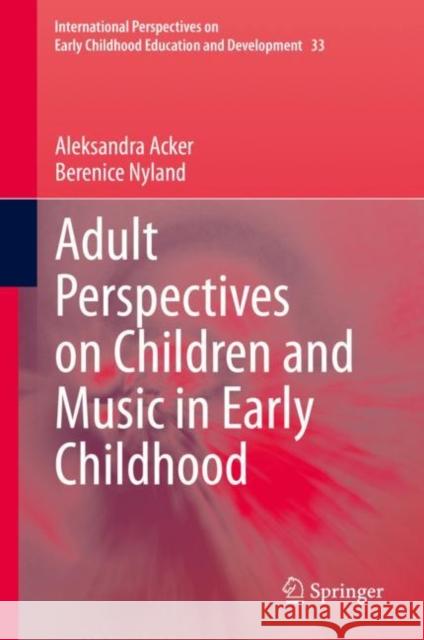Adult Perspectives on Children and Music in Early Childhood » książka
topmenu
Adult Perspectives on Children and Music in Early Childhood
ISBN-13: 9783030576974 / Angielski / Twarda / 2020 / 163 str.
Adult Perspectives on Children and Music in Early Childhood
ISBN-13: 9783030576974 / Angielski / Twarda / 2020 / 163 str.
cena 523,30
(netto: 498,38 VAT: 5%)
Najniższa cena z 30 dni: 501,19
(netto: 498,38 VAT: 5%)
Najniższa cena z 30 dni: 501,19
Termin realizacji zamówienia:
ok. 16-18 dni roboczych.
ok. 16-18 dni roboczych.
Darmowa dostawa!
Kategorie:
Kategorie BISAC:
Wydawca:
Springer
Seria wydawnicza:
Język:
Angielski
ISBN-13:
9783030576974
Rok wydania:
2020
Wydanie:
2020
Numer serii:
000370575
Ilość stron:
163
Waga:
0.36 kg
Wymiary:
23.9 x 16.23 x 1.3
Oprawa:
Twarda
Wolumenów:
01











